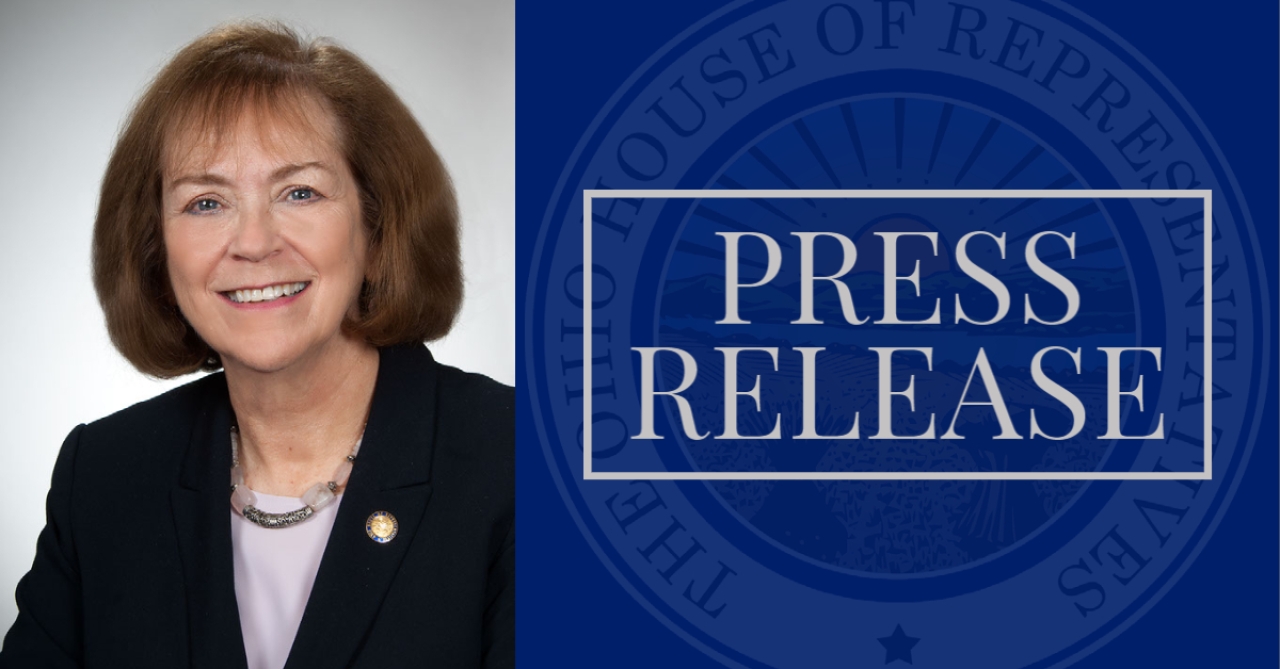Manning's Workforce Legislation to Combat the Opioid Crisis Passes Ohio Senate, Heads to Governor's Desk

COLUMBUS –State Rep. Gayle Manning’s (R-North Ridgeville) legislation that addresses the shortage of chemical dependency counselors in Ohio, the profession that helps individuals at addiction treatment centers, passed the Ohio Senate today.
“I’m very pleased to see both chambers make this legislation a priority,” said Manning. “The opioid crisis was already an ongoing issue before the pandemic, but now early reports are showing another record of overdose deaths from last year. This bill will help both with increasing our workforce and to bring overdose deaths down in our state by advancing pathways for our chemical dependency counselors.”
House Bill 5 offers two different pathways for individuals to be licensed as a Licensed Chemical Dependency Counselor II (LCDC II):
- Creates an intensive-practicum pathway for people who already have shown an interest in chemical dependency counseling by virtue of the degree that they pursued. The practicum allows for qualified people to become LCDC II’s faster, helping to fill the need in time to aid with the opioid epidemic.
- Allows for individuals who have dedicated their careers to the field and the appropriate level of training to sit for a licensure examination without having a specific degree in the field – this provision expires after three years.
House Bill 5 went through several hearings in the Ohio House Health Committee and had several proponents for the bill including the Ohio Council of Behavioral Health Providers, Ohio Alliance of Recovery Providers (OARP) and Ohio Association of Community Colleges.
“With the continuation of the Opiate Epidemic it is critical that Addiction Treatment agencies have a sufficient and qualified workforce to help those struggling with substance use disorders,” said Thomas Stuber, of The LCADA Way. “This bill will assist us as we begin to retool following the COVID Pandemic. History has shown, that following a national crisis the demand for addiction and mental health services increase dramatically. Now we will be able to respond.”
The bill now heads to the Governor’s desk.




